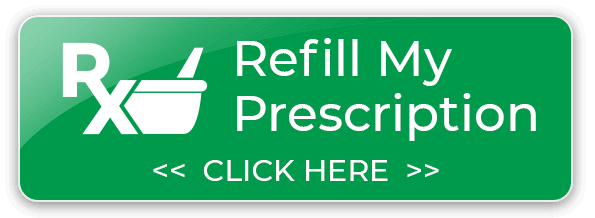Medicare FAQs
What is the Medicare Part D Donut Hole?
The standard Medicare Part D drug plan has coverage in three phases varying by insurance company. The first phase seniors may pay a deductible and about 25% of their prescriptions. In the third phase seniors are responsible for about 5% of their medication. The second phase is referred as the donut hole or the gap, where the client must pay 100% of their drug costs out of their own pocket.
What agencies can I get more information from about Medicare Part D?
Centers for Medicare and Medicaid services: 1-800-MEDICARE
Health Insurance Counseling and Advocacy Program (HICAP): 1-800-434-0222
Social Security Administration: 1-800-722-1213
What is the penalty for not enrolling in a Medicare Part D Plan?
Medicare beneficiaries who do not enroll by December 31st incurs a late-enrollment penalty. The penalty is equal to 1% the national average premium times the number of months that they were eligible for Part D, but did not elect it. The penalty raises the premium of Part D for the beneficiary when they should elect coverage.
Are there special circumstances when I can switch plans at other times?
You can switch plans if you: Move from an area that your current plan serves If you are leaving or being admitted into a nursing home If you plan no longer serves the area in which you live You qualify for extra help in paying the premium of your current plan.
What are the tiers for drugs?
The cost of a drug depends on what “tier” the drug is on. Each plan puts each drug on a tier or level. The plan then sets the price of the drug depending on what tier the drug is on. The price may be a set amount also known as a co-pay or it may be a percentage of the drug cost known as the co-insurance. Tier One drugs are typically generics and the higher the drug in placed the most expensive it becomes.
If I switch plans do you need to notify your company?
You don’t need to cancel your old Medicare drug plan or send them anything. You should get a letter about 2-3 weeks from enrolling from your new plan outlining when to expect to receive your new card and when your coverage begins.
Important Drug Coverage Rules
Plans may have the following rules:
- Prior authorizations: You and your doctor may have to contact your insurance company before you can fill some medications.Your doctor may have complete paperwork verifying that it is medically necessary for you to take the specific drug.
- Quantity Limits: Frequently at rural pharmacies patients are only allowed to fill their prescription 30 days at a time.
- Step-Therapy: Insurance companies may make you try a generic or a lower cost drug before they pay for a higher tiered drug.
- Expand All

